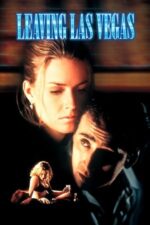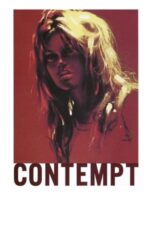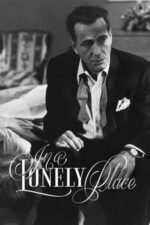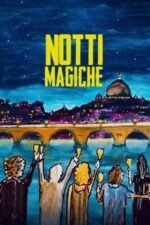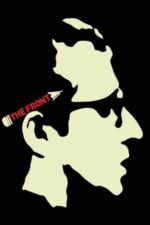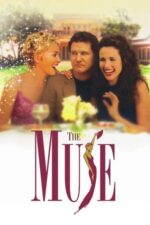The Unseen Architect: Exploring the World (and Woes) of the Screenwriter
Isn't it fascinating how we, as audiences, focus so intently on actors and directors? We dissect performances, analyze directorial choices – rightfully so! But what about the person who built that world in the first place? The screenwriter. Often operating behind the scenes, they’re the architects of our cinematic experiences, and their journey is frequently more complex (and sometimes downright bizarre) than anything you see on screen.
Think about it: a screenplay isn't just words on paper; it's a blueprint for emotion, action, and visual storytelling. It's a negotiation between vision and practicality, creativity and compromise. And that’s what makes exploring the role of the screenwriter so compelling – because their story is often as interesting as the films they create.
Take Falling in Love Like in Movies, for example. The film beautifully illustrates how personal experience can fuel a writer's imagination, blurring the lines between lived reality and fictional narrative. It’s a lovely exploration of nostalgia and rediscovery, but it also hints at the vulnerability inherent in laying bare your soul on paper – hoping someone else connects with it.
Then you have films like Deadline, which take that vulnerability to a terrifying extreme. The idea of a screenwriter losing his grip on reality, unable to distinguish between his imagination and what’s actually happening? Chilling! It speaks to the immense pressure writers face, especially when deadlines loom and careers hang in the balance. I remember once working with a friend who was struggling with a particularly difficult script; the stress visibly aged him. You can almost feel that desperation radiating from Deadline.
And for something truly unique, there's Below Zero, where Edward Furlong plays both the writer and his creation – a brilliant visual metaphor for the internal battles artists face. The film’s premise—a screenwriter seeking inspiration in a freezer while simultaneously conjuring a character trapped within one—is wonderfully unsettling. It highlights that sometimes, to unlock creativity, you have to confront your own demons, even if they manifest as a serial killer victim.
Beyond the dramatic portrayals, films like Mistress offer a hilarious look at the practical realities of getting a script made. The sheer absurdity of investors demanding their mistresses be cast? It’s a perfect satire of Hollywood's often-bizarre power dynamics and the compromises artists make to get their work seen.
Ultimately, these films – and so many others – remind us that screenwriting isn't just about crafting dialogue or plotting events; it's about navigating a complex world of creativity, compromise, and sometimes, sheer madness. It’s a role often overlooked, but undeniably vital to the magic we experience on screen. So next time you're captivated by a film, take a moment to appreciate the unseen architect who made it all possible.
What films do you think best capture the screenwriter's journey? I'd love to hear your thoughts!


























